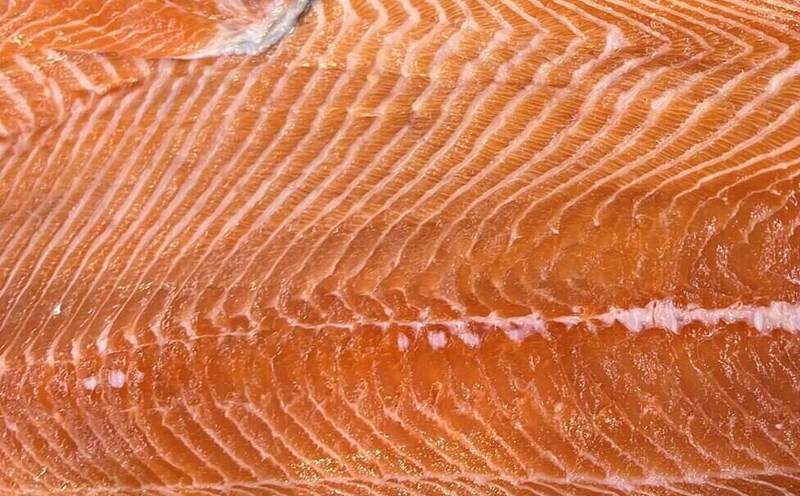Diet plays an important role in controlling blood pressure. According to the World Health Organization, adjusting your diet can help reduce blood pressure by an average of 5-10 mmHg, equivalent to the effectiveness of some types of blood pressure drugs.
One of the proven effective eating models is to prioritize green vegetables, fresh fruits, whole grains, nuts, beans, low-fat dairy and lean meats such as fish, skinless poultry. Studies show that this diet can help reduce average cardiopulmonary blood pressure by 814 mmHg after a few weeks of application.
According to recommendations, people with high blood pressure should limit sodium, not more than 2,300 mg per day and preferably less than 1,500 mg/day. Reducing salt helps the vessel walls to contract less and reduce pressure on the heart. Instead of salt, spices such as garlic, turmeric, pepper, onions can be used to enhance the flavor of the dish.
Supplementing foods rich in potassium is also very necessary, because potassium helps balance the effects of sodium and dilate blood vessels. According to the World Health Organization, adults should consume about 3,510 mg of potassium per day, through foods such as bananas, oranges, sweet potatoes, spinach and avocado. In addition, fatty fish such as salmon and mackerel contain omega-3 which can lower blood pressure and improve blood vessel endothelial function.
People with high blood pressure should eat lots of vegetables, less salt, limit saturated fat and processed foods. A healthy diet not only helps control blood pressure but also prevents many dangerous complications related to cardiovascular disease.











